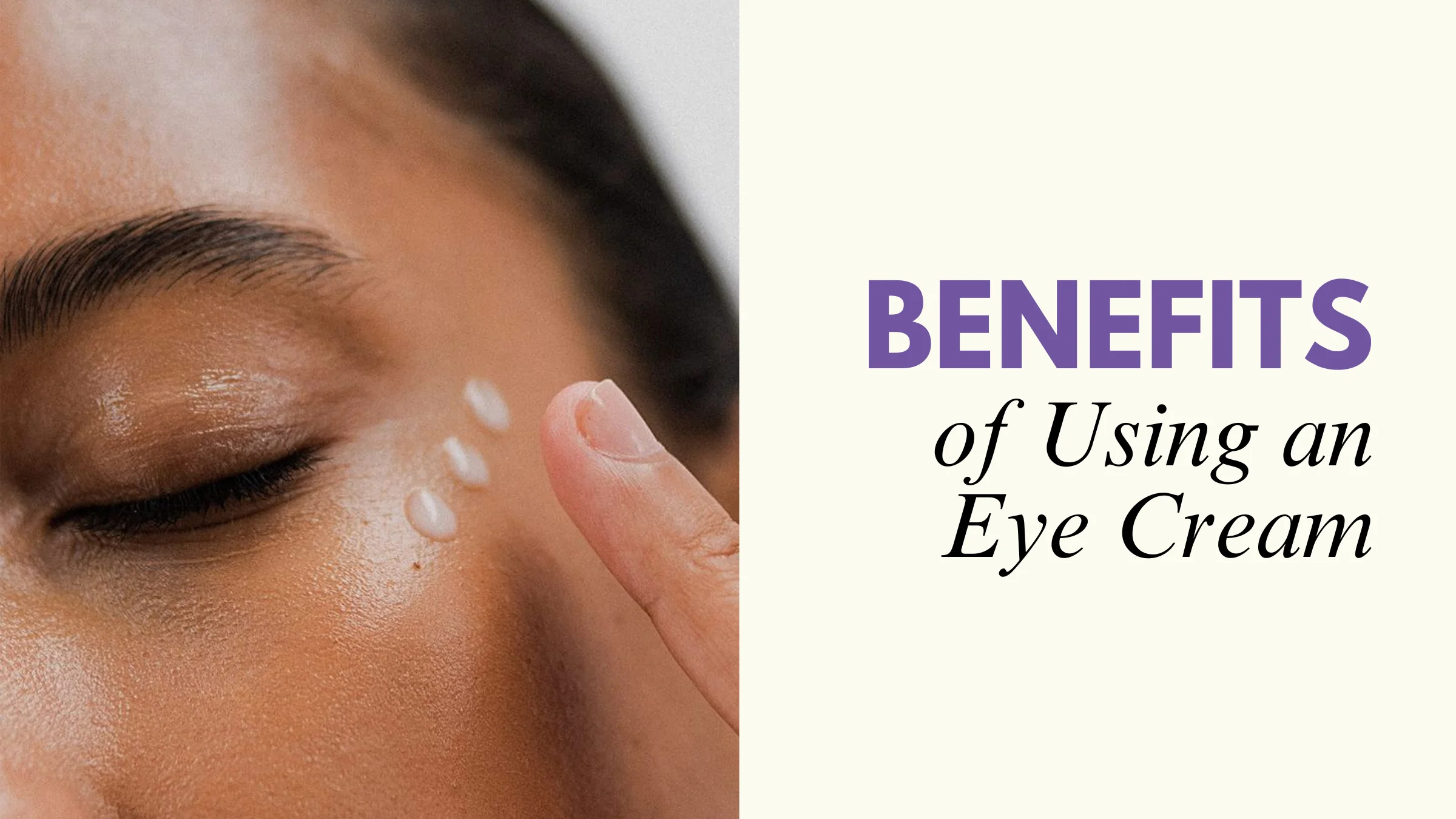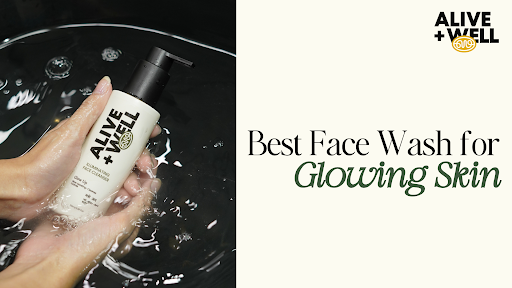What is Vitamin F
When we think about vitamins, we usually associate them with letters like A, B, C, D, E, and K. But did you know there’s another essential vitamin that plays a vital role in skin health, hair growth, and overall well-being? That vitamin is Vitamin F.
Vitamin F For Skin
Vitamin F isn’t as commonly discussed as other vitamins, but it’s a crucial nutrient for maintaining healthy skin, hair, and more. In this blog, we’ll dive deep into what Vitamin F is, its benefits, and how to ensure you’re getting enough of it in your diet.
Vitamin F is not a single vitamin, but rather a term that refers to two types of essential fatty acids: alpha-linolenic acid (ALA), an omega-3 fatty acid, and linoleic acid (LA), an omega-6 fatty acid. These fatty acids are considered “essential” because our bodies cannot produce them on their own, meaning we must obtain them from our diet or supplements.
Vitamin F benefits
Vitamin F is commonly associated with unsaturated fats, which are vital for various functions in the body, including cell structure, hormone production, and nutrient absorption.
Vitamin F Benefits For skin
Vitamin F offers numerous health benefits, particularly for skin health, heart health, and hair growth. Here’s how it works:
1. Skin Health and Hydration
Vitamin F is often hailed for its ability to improve skin health. The essential fatty acids found in Vitamin F help keep the skin barrier intact, which is crucial for preventing moisture loss. This helps the skin retain hydration and keeps it looking healthy and radiant.
- Promotes Skin Hydration: Vitamin F helps the skin retain water, making it look plumper and reducing dryness and irritation.
- Supports Skin Repair: The fatty acids in Vitamin F are involved in the repair of the skin barrier, helping to heal damaged or irritated skin. It’s often included in formulations for conditions like eczema, acne, or dry skin.
- Reduces Inflammation: The omega-3 and omega-6 fatty acids in Vitamin F have anti-inflammatory properties, which can help calm irritated skin and reduce redness, puffiness, or acne-related inflammation.
2. Supports Hair Health
Vitamin F can also contribute to healthy, strong hair. Just like the skin, hair relies on essential fatty acids to maintain its moisture balance and structure. Vitamin F can help nourish hair follicles, promote healthy growth, and prevent hair damage.
- Promotes Healthy Growth: Essential fatty acids stimulate the scalp, improving circulation and the supply of nutrients to hair follicles, which can encourage hair growth.
- Improves Shine and Softness: Vitamin F helps to hydrate hair from the inside, leading to shinier, softer strands.
- Prevents Hair Loss: A deficiency in fatty acids can contribute to dry, brittle hair, and even hair loss. Ensuring adequate intake of Vitamin F can help strengthen hair strands and prevent breakage.
3. Heart Health
The omega-3 and omega-6 fatty acids found in Vitamin F are heart-healthy fats that help to lower cholesterol and improve cardiovascular health. These fats can help reduce the risk of heart disease and support the overall health of your cardiovascular system.
- Regulates Cholesterol: Omega-3 fatty acids, in particular, can help reduce “bad” cholesterol (LDL) levels and increase “good” cholesterol (HDL), promoting a healthier heart.
- Reduces Inflammation: Chronic inflammation is a contributing factor to many cardiovascular diseases. Omega-3 fatty acids in Vitamin F can help reduce inflammation in the body, including in the arteries.
4. Brain Function
The fatty acids in Vitamin F, particularly omega-3 fatty acids, play a crucial role in brain health. They help support cognitive function, memory, and mood regulation.
- Supports Cognitive Function: Omega-3 fatty acids are essential components of brain cell membranes and are important for neurotransmitter function.
- Improves Mood and Mental Health: Omega-3s are associated with a reduced risk of depression and anxiety. They help regulate mood and may improve overall mental health.
5. Hormonal Balance
Vitamin F can help regulate hormonal balance in the body, which is particularly important for reproductive health. The essential fatty acids in Vitamin F are involved in hormone production, including sex hormones like estrogen and testosterone.
- Balances Hormones: Omega-3s and omega-6s play a role in balancing estrogen levels and can help reduce menstrual discomfort or symptoms of menopause.
Sources of Vitamin F
Since our bodies cannot produce Vitamin F, it’s important to include foods rich in omega-3 and omega-6 fatty acids in your diet. Here are some excellent sources:
Omega-3 Fatty Acids (Alpha-Linolenic Acid):
- Flaxseeds and Chia Seeds: Both flaxseeds and chia seeds are rich in ALA, an omega-3 fatty acid that is a key component of Vitamin F.
- Walnuts: Walnuts are another great plant-based source of ALA.
- Fatty Fish: Salmon, mackerel, sardines, and other oily fish are excellent sources of omega-3s, although the type of omega-3s they contain (EPA and DHA) is slightly different from ALA.
- Hemp Seeds: Hemp seeds are another plant-based source of omega-3s.
Omega-6 Fatty Acids (Linoleic Acid):
- Vegetable Oils: Oils such as sunflower oil, safflower oil, and corn oil are rich in linoleic acid.
- Nuts and Seeds: Almonds, pumpkin seeds, and sunflower seeds contain high levels of omega-6 fatty acids.
- Avocados: While known for their monounsaturated fats, avocados also provide a good amount of omega-6 fatty acids.
How Much Vitamin F Do You Need?
Since Vitamin F refers to essential fatty acids that cannot be produced by the body, it’s important to make sure you’re consuming an appropriate amount of omega-3 and omega-6 fatty acids through your diet. While there are no specific Recommended Daily Allowances (RDAs) for Vitamin F, general guidelines for omega-3 and omega-6 intake can be followed:
- Omega-3: Aim for about 250–500 mg of EPA and DHA combined daily (especially for heart and brain health).
- Omega-6: The average person consumes enough omega-6 in their diet, as it is found in many vegetable oils and processed foods. However, it’s crucial to maintain a healthy balance between omega-3 and omega-6 intake.
Vitamin F Deficiency and How to Spot It
A deficiency in Vitamin F (or essential fatty acids in general) can lead to several issues, including:
- Dry, flaky skin: A lack of hydration in the skin can lead to dryness, redness, and inflammation.
- Brittle hair and nails: Without enough omega-3 and omega-6 fatty acids, your hair and nails may become weak, dry, and prone to breakage.
- Increased inflammation: Chronic inflammation can lead to conditions like eczema, acne, and other skin issues.
- Fatigue or mood changes: A deficiency in omega-3 fatty acids, in particular, can affect mood, leading to symptoms of depression or irritability.
Vitamin F for Skin
Vitamin F refers to a group of essential fatty acids, primarily omega-3 (alpha-linolenic acid, ALA) and omega-6 (linoleic acid, LA), which play a crucial role in maintaining healthy, glowing skin. These essential fats are vital because the body cannot produce them on its own, so they must be obtained through diet or supplements. When it comes to skincare, Vitamin F is known for its ability to hydrate, repair, and protect the skin, making it an essential component of your skincare routine.
1. Hydrates and Moisturizes Skin
Vitamin F helps to maintain the skin’s natural moisture barrier, preventing water loss and keeping the skin hydrated. Omega-3s in particular help retain moisture, which is essential for combating dry, flaky skin. This makes Vitamin F especially beneficial for those with conditions like eczema, psoriasis, or dry skin.
2. Reduces Inflammation
Omega-3 fatty acids have powerful anti-inflammatory properties, which can help calm irritated or inflamed skin. Whether you’re dealing with acne, rosacea, or general redness, Vitamin F can reduce puffiness and redness, promoting a more even skin tone.
3. Promotes Skin Repair
Vitamin F aids in skin regeneration by supporting the repair of damaged skin cells. It helps accelerate healing and can soothe minor wounds, cuts, or burns. This makes it helpful for reducing scarring and improving overall skin texture.
4. Improves Skin Elasticity
Omega-6 fatty acids play a role in collagen production, which is key to maintaining skin elasticity and firmness. Regular intake of Vitamin F can help slow down the signs of aging, such as fine lines and sagging skin.
Incorporating Vitamin F-rich foods like fatty fish, flaxseeds, and walnuts can help improve the appearance and health of your skin.
FAQ
1 What is Vitamin F?
Vitamin F is not a single vitamin, but a term used to describe a group of essential fatty acids, primarily linoleic acid (omega-6) and alpha-linolenic acid (omega-3). These fatty acids are essential for various bodily functions.
2 Why is Vitamin F important?
Vitamin F plays a key role in maintaining healthy skin, regulating cholesterol levels, supporting brain function, and promoting heart health. It helps maintain the integrity of cell membranes and is crucial for hormone production.
3 Can I get Vitamin F from food?
Yes, you can obtain Vitamin F by consuming foods rich in essential fatty acids. Sources include vegetable oils (like sunflower, safflower, and flaxseed oils), nuts, seeds, avocados, and fatty fish like salmon.
4 What happens if I don’t get enough Vitamin F?
A deficiency in Vitamin F can lead to dry, flaky skin, hormonal imbalances, weakened immunity, poor heart health, and cognitive issues. It’s crucial to include enough healthy fats in your diet to avoid these problems.
5 Is Vitamin F the same as Omega-3 and Omega-6?
Yes, Vitamin F is often used to refer to essential fatty acids, which include both omega-3 and omega-6 fatty acids. These are necessary for bodily functions but must be obtained from the diet because the body cannot produce them.
6 Can Vitamin F help with hair health?
Yes, Vitamin F (specifically omega-3 and omega-6 fatty acids) is beneficial for hair health. It helps nourish hair follicles, improve circulation to the scalp, and maintain moisture, which can result in healthier and shinier hair.
7 How does Vitamin F benefit the skin?
Vitamin F has anti-inflammatory properties and helps improve the skin’s moisture retention. It can reduce skin dryness, irritation, and is often used in skin care products to support healthy, youthful-looking skin.
8 What is the recommended intake of Vitamin F?
There is no specific daily recommendation for Vitamin F, but the general guidelines suggest getting about 5-10% of your total daily calories from omega-6 and omega-3 fatty acids combined. For adults, this often translates to around 12-17 grams of omega-6 and 1.1-1.6 grams of omega-3 per day.
9 Can I take Vitamin F supplements?
Yes, there are supplements available that provide omega-3 and omega-6 fatty acids. However, it’s often best to get these nutrients from whole foods, as they provide a variety of other beneficial compounds.
10 Are there any risks associated with too much Vitamin F?
While omega-3 and omega-6 fatty acids are essential, too much of them can cause an imbalance, potentially increasing inflammation or affecting blood clotting. It’s important to consume these fats in moderation, ensuring a balance between omega-3 and omega-6 in the diet.



